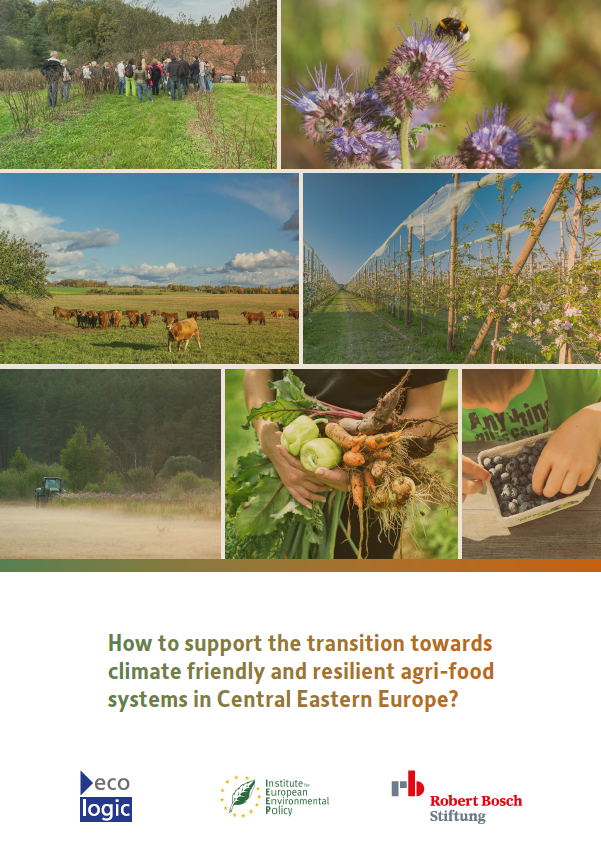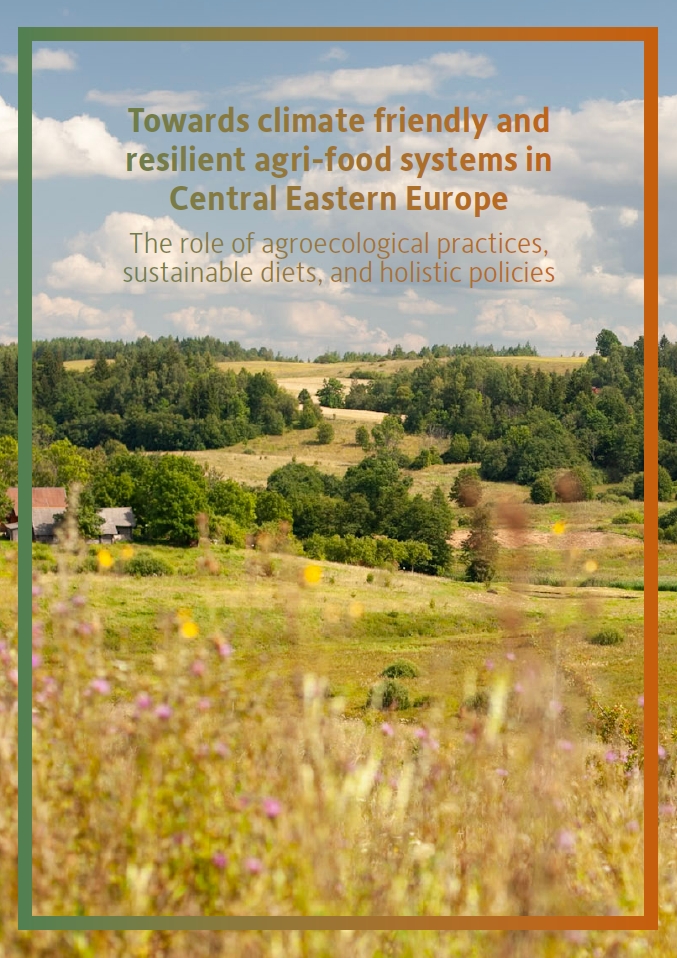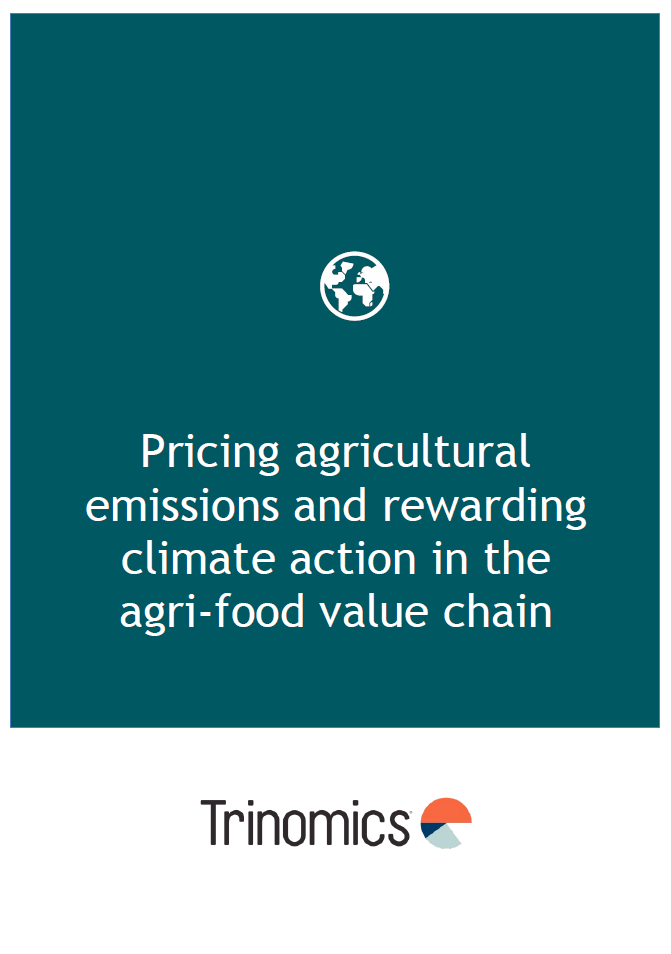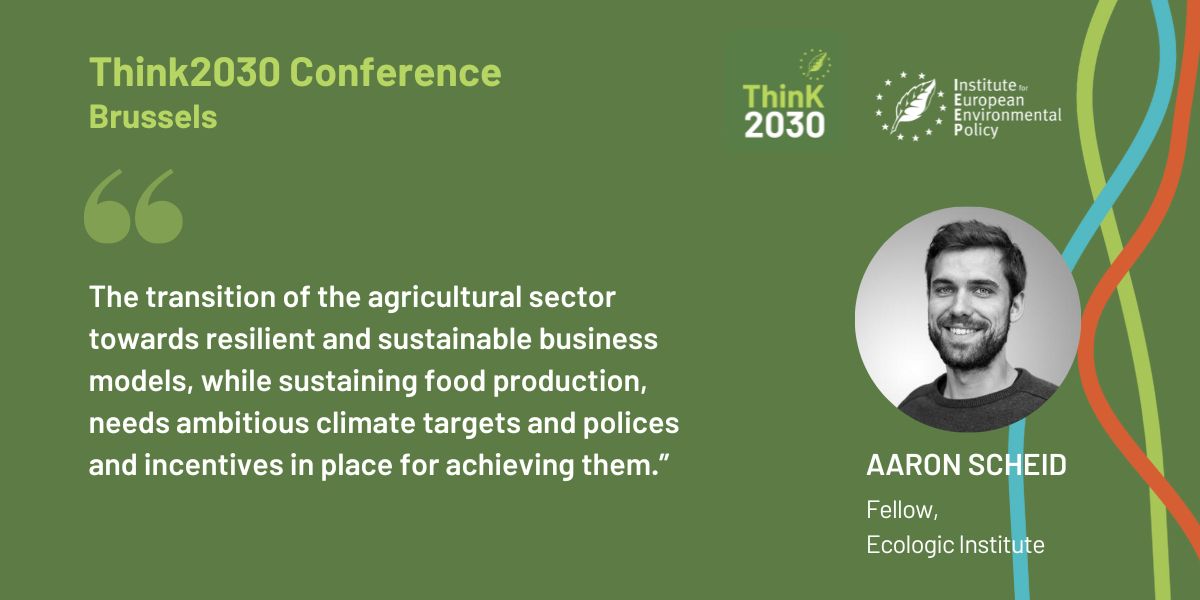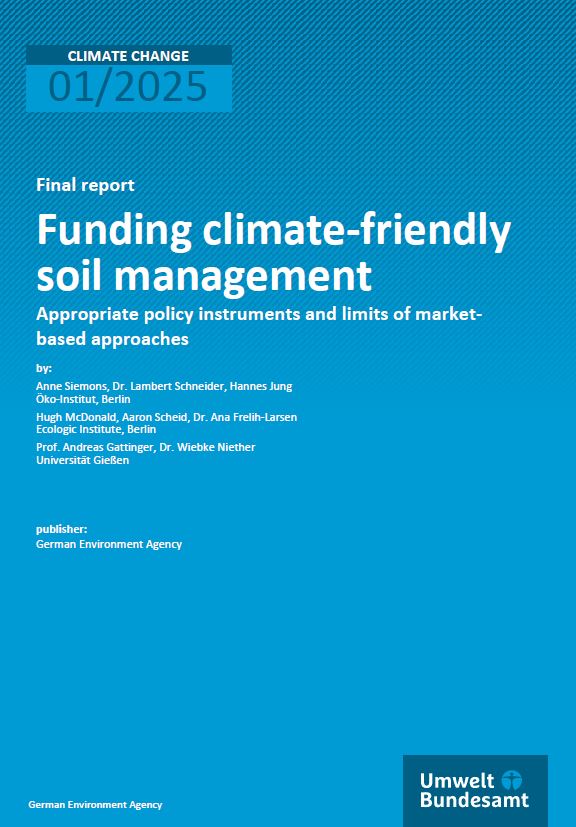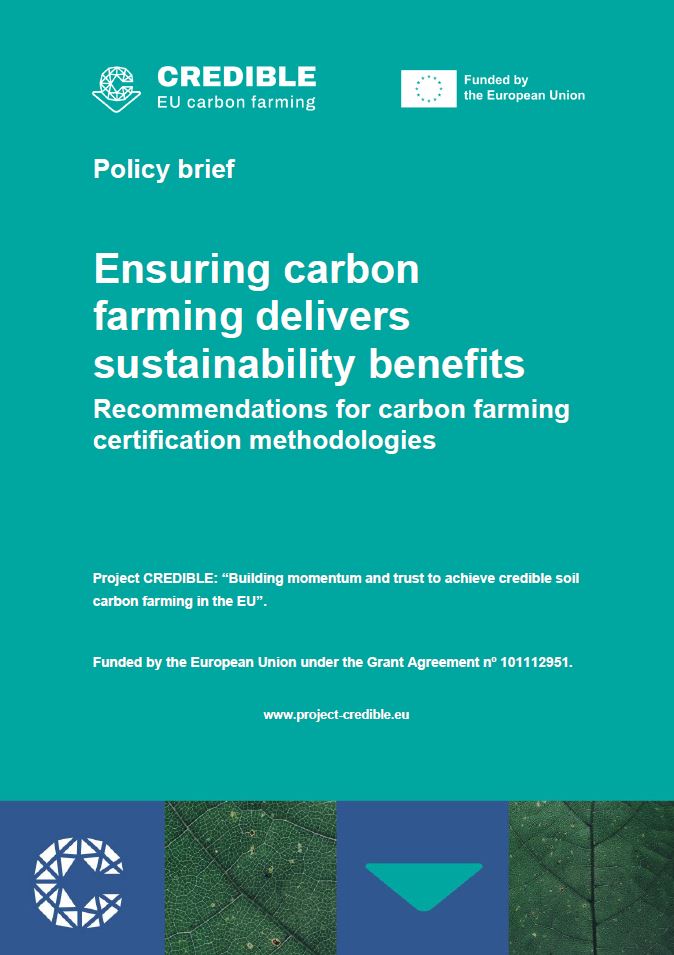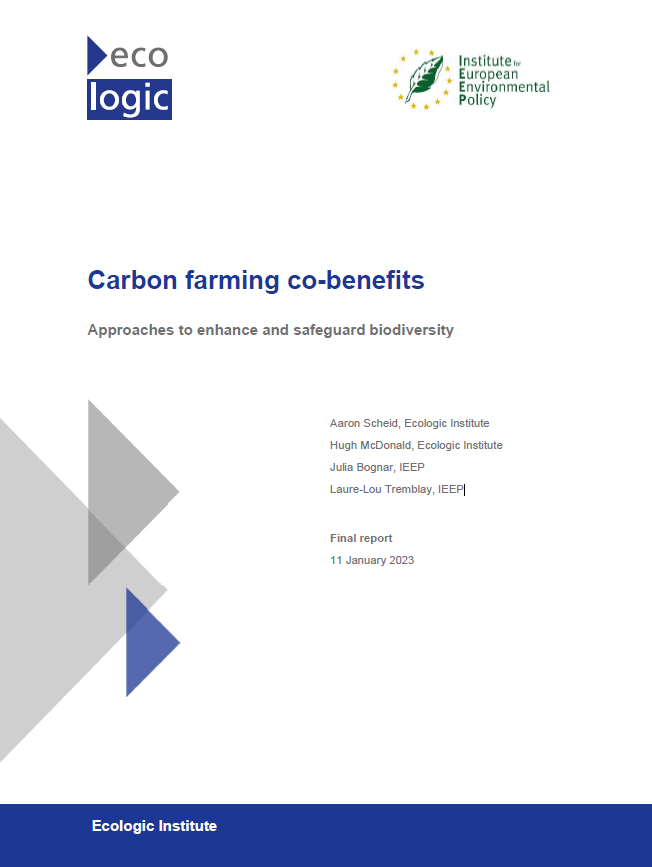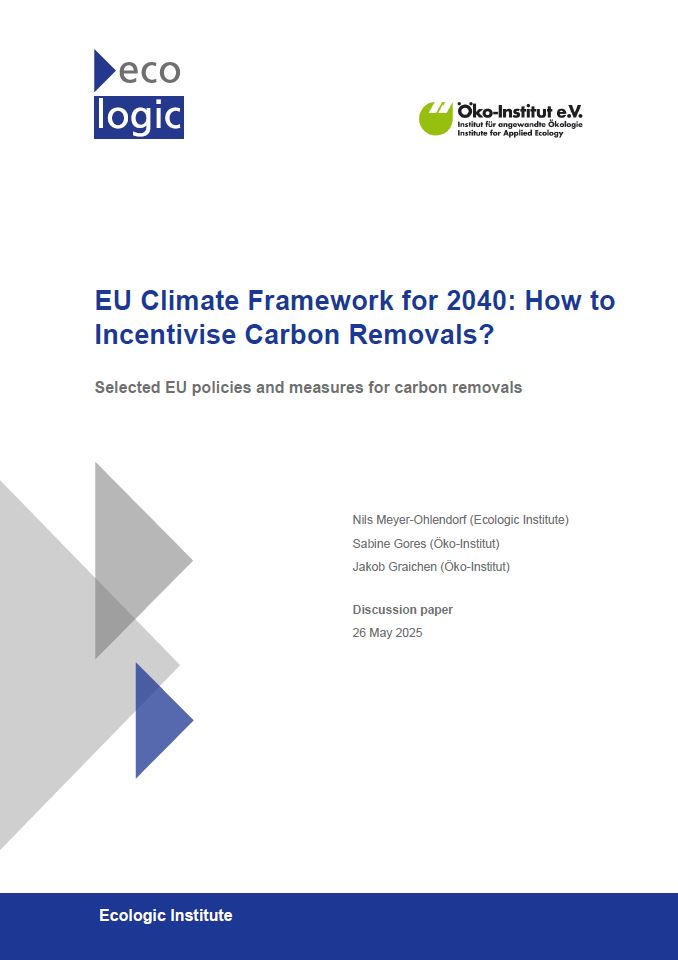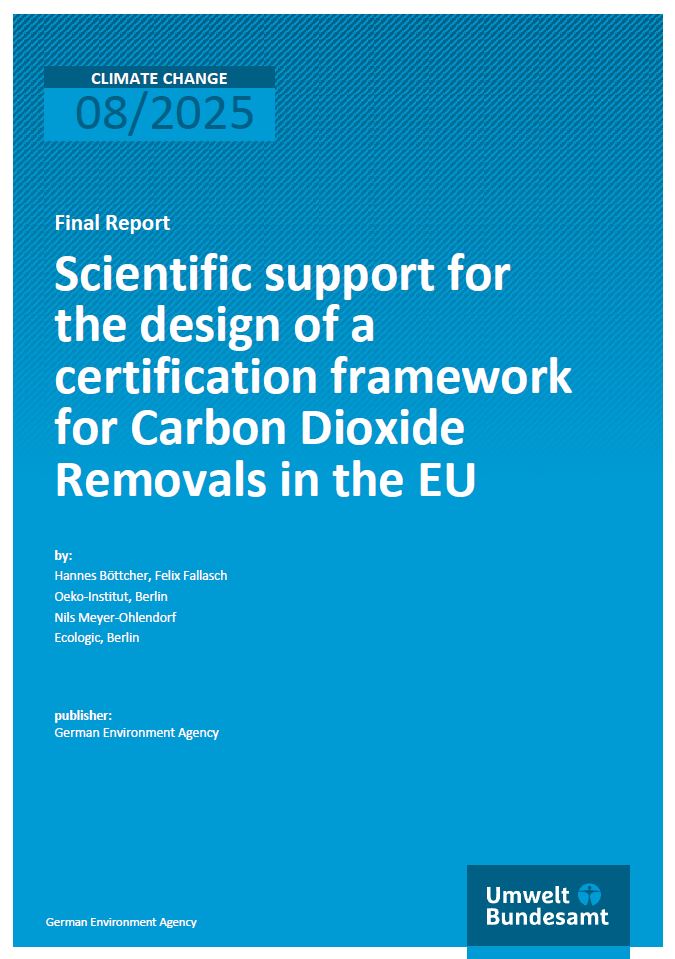Shumwai, CC BY-SA 4.0, via Wikimedia Commons
The agricultural sector in the EU holds significant potential to contribute to climate change mitigation, yet progress remains limited. A key reason is the lack of effective incentives and robust policy frameworks to promote land-based carbon sequestration – also known as carbon farming. While new tools like the EU’s Carbon Removal Certification Framework (CRCF) aim to certify and incentivise these practices, questions remain about how the CRCF units should be used. In particular, integrating certified units into EU climate policy – especially those based on temporary carbon sequestration, raises significant concerns around environmental integrity.
This project supports Carbon Market Watch to address the specific challenges of integrating temporary sequestration credits into EU agri-food climate policy. In assessing the policy options currently under discussion – emissions trading systems, mandatory climate standards, and public procurement – and examines the implications of CRCF use within these frameworks. The project also provides recommendations on how temporary carbon sequestration can be supported in a way that is environmentally credible, practically feasible, and aligned with broader EU climate objectives.
Ecologic Institute leads the overall project and takes primary responsibility for chapters assessing the proposed agri-food climate policy options as well as alternative approaches for promoting temporary carbon sequestration, such as integration with the CAP and voluntary market mechanisms.





